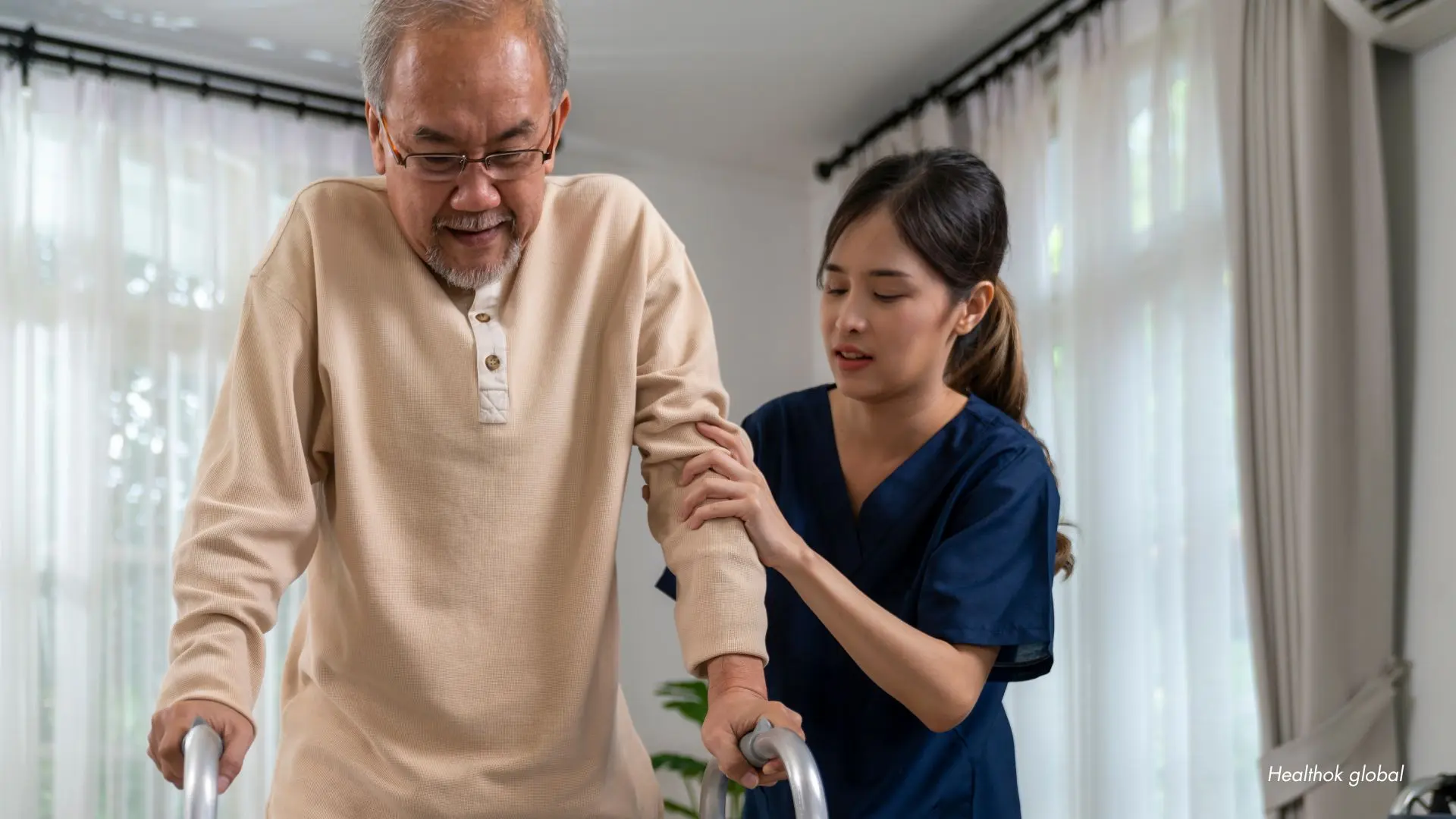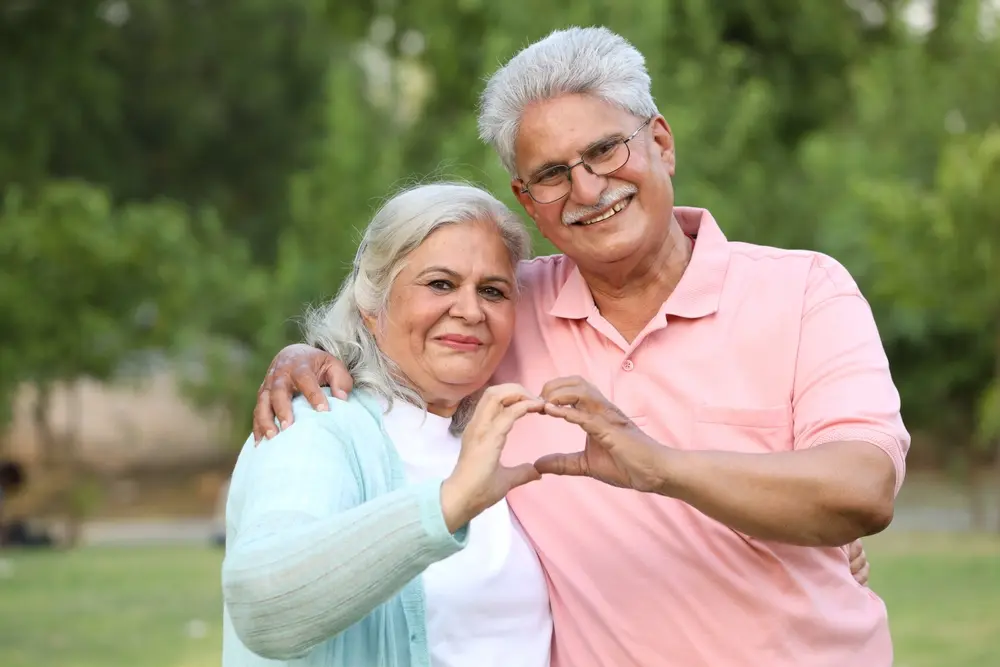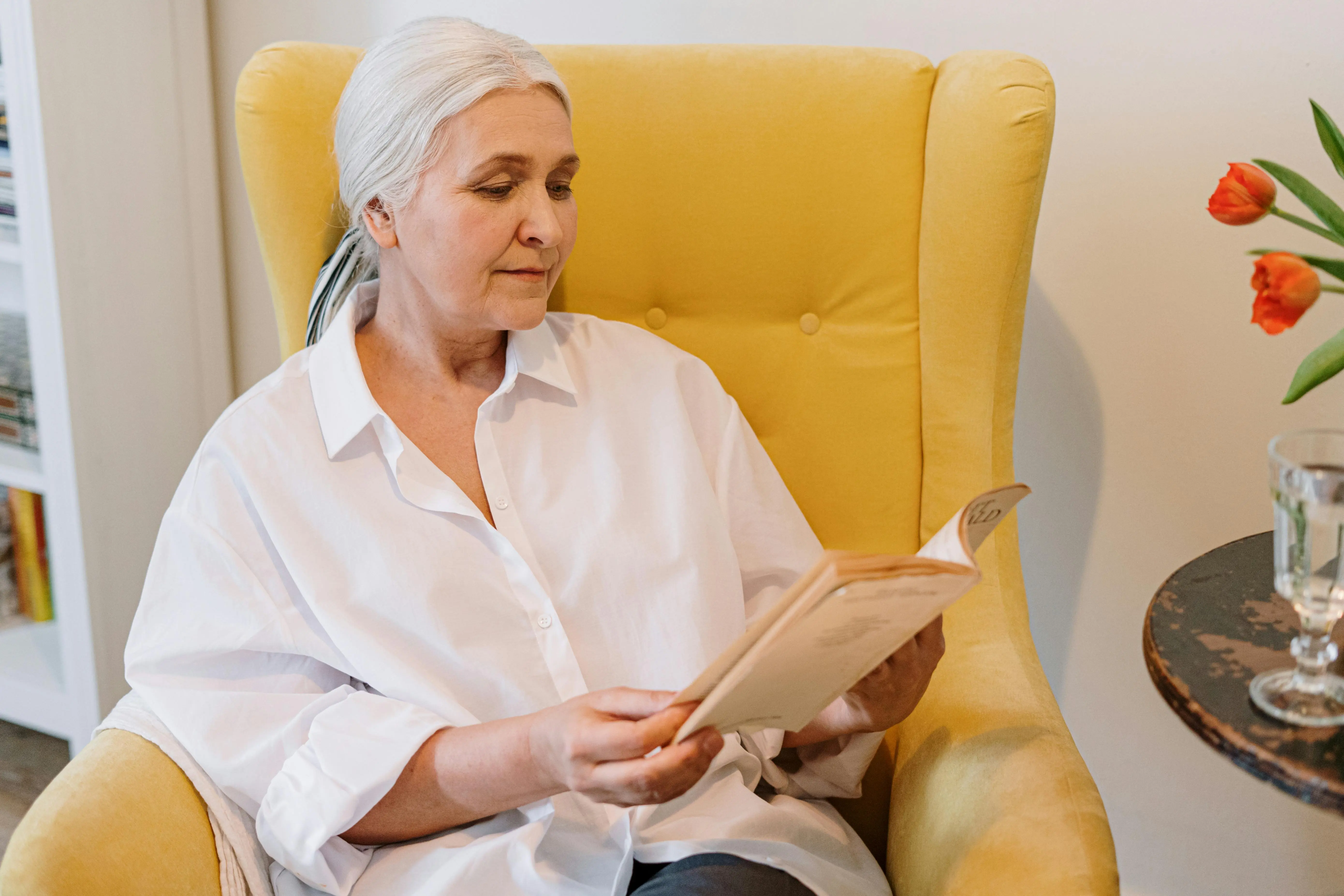Elderly care involves a range of services and support to ensure the well-being and quality of life for older adults. This guide provides essential information on various aspects of elderly care.

Blog
Comprehensive Guide to Elderly Care
Elderly care involves a range of services and support to ensure the well-being and quality of life for older adults. As people age, they may require assistance with daily activities, medical care, and emotional support. This comprehensive guide provides essential information on various aspects of elderly care, including physical health, mental well-being, safety, and social engagement. By understanding these key elements, caregivers and family members can provide effective and compassionate care for their elderly loved ones.
Elderly care encompasses various services designed to meet the unique needs of older adults. These services can be provided at home, in community settings, or in specialized facilities such as nursing homes or assisted living communities. The primary goal of elderly care is to enhance the quality of life for seniors by addressing their physical, emotional, and social needs.
Maintaining physical health is crucial for elderly individuals to enjoy a good quality of life. Key aspects of physical health care for the elderly include:
Regular medical check-ups help monitor the health status of elderly individuals and detect any potential health issues early. These check-ups should include assessments of vital signs, vision, hearing, and overall physical condition.
Many older adults take multiple medications. Proper medication management ensures that they take the right medications at the right times, minimizing the risk of adverse effects and interactions.
A balanced diet and adequate hydration are essential for maintaining health in the elderly. Nutritional needs may change with age, and it is important to provide meals that meet these requirements.
Encouraging regular physical activity helps maintain mobility, strength, and cardiovascular health. Activities should be tailored to the individual's abilities and preferences.
Many elderly individuals have chronic conditions such as diabetes, hypertension, or arthritis. Effective management of these conditions through medication, lifestyle changes, and regular monitoring is vital.
Mental health is as important as physical health in elderly care. Ensuring emotional well-being involves addressing issues such as depression, anxiety, and cognitive decline. Key strategies include:
Engaging in activities that stimulate the mind, such as puzzles, reading, or learning new skills, can help maintain cognitive function and delay the onset of dementia.
Social isolation can lead to depression and anxiety. Encouraging social interaction through community activities, family visits, and social clubs can enhance emotional well-being.
Providing access to counseling and support groups helps elderly individuals cope with the emotional challenges of aging, such as loss of independence or bereavement.
Teaching stress management techniques such as meditation, deep breathing, or yoga can help elderly individuals manage anxiety and improve their overall mental health.
Maintaining a daily routine and structure can provide a sense of stability and security, which is beneficial for mental health.
Ensuring safety and mobility for elderly individuals is essential to prevent accidents and promote independence. Key aspects include:
Conducting a home safety evaluation can identify potential hazards and allow for modifications, such as installing grab bars, removing tripping hazards, and improving lighting.
Implementing fall prevention strategies, such as strength and balance exercises, using assistive devices, and ensuring proper footwear, can reduce the risk of falls.
Providing mobility aids such as walkers, canes, or wheelchairs can enhance independence and reduce the risk of falls.
Ensuring that elderly individuals have access to emergency services and know how to respond in an emergency situation is crucial for their safety.
Providing reliable transportation options enables elderly individuals to attend medical appointments, social activities, and run errands, enhancing their quality of life.
Social engagement is vital for the well-being of elderly individuals. Activities that promote social interaction and community involvement can significantly improve their quality of life. Key strategies include:
Participating in community programs and senior centers provides opportunities for social interaction and engagement in various activities.
Encouraging elderly individuals to volunteer can provide a sense of purpose and fulfillment while contributing to the community.
Engaging in hobbies and interests, such as gardening, painting, or playing music, can enhance mental and emotional well-being.
Maintaining strong family connections through regular visits, communication, and involvement in family activities is essential for emotional support.
Using technology to stay connected with loved ones, such as video calls and social media, can help reduce feelings of isolation.
End-of-life care is a sensitive and important aspect of elderly care. It involves providing comfort, dignity, and support to individuals nearing the end of their lives. Key components include:
Palliative care focuses on relieving symptoms and improving the quality of life for individuals with serious illnesses. It involves pain management, emotional support, and addressing spiritual needs.
Hospice care provides comprehensive support for individuals in the final stages of life. It includes medical care, emotional support, and assistance with daily activities.
Encouraging elderly individuals to create advance directives, such as living wills and durable power of attorney, ensures their wishes are respected regarding medical treatment and end-of-life care.
Providing support to family members, including counseling and respite care, helps them cope with the emotional and practical challenges of end-of-life care.
Addressing the spiritual needs of elderly individuals through religious support or spiritual counseling can provide comfort and peace during the end-of-life journey.
Elderly care is a multifaceted and compassionate endeavor that requires attention to physical health, mental well-being, safety, social engagement, and end-of-life care. By understanding and implementing best practices in these areas, caregivers and family members can enhance the quality of life for elderly individuals, ensuring they live with dignity, comfort, and happiness. This comprehensive guide serves as a valuable resource for anyone involved in the care of older adults, providing the knowledge and tools needed to offer the best possible support.
Elderly care encompasses various services designed to meet the unique needs of older adults. These services can be provided at home, in community settings, or in specialized facilities such as nursing homes or assisted living communities. The primary goal of elderly care is to enhance the quality of life for seniors by addressing their physical, emotional, and social needs.
Maintaining physical health is crucial for elderly individuals to enjoy a good quality of life. Key aspects of physical health care for the elderly include:
End-of-life care is a sensitive and important aspect of elderly care. It involves providing comfort, dignity, and support to individuals nearing the end of their lives. Key components include:
Need Personalized Health Guidance?
Get expert advice tailored to your specific health needs from our qualified healthcare professionals.





